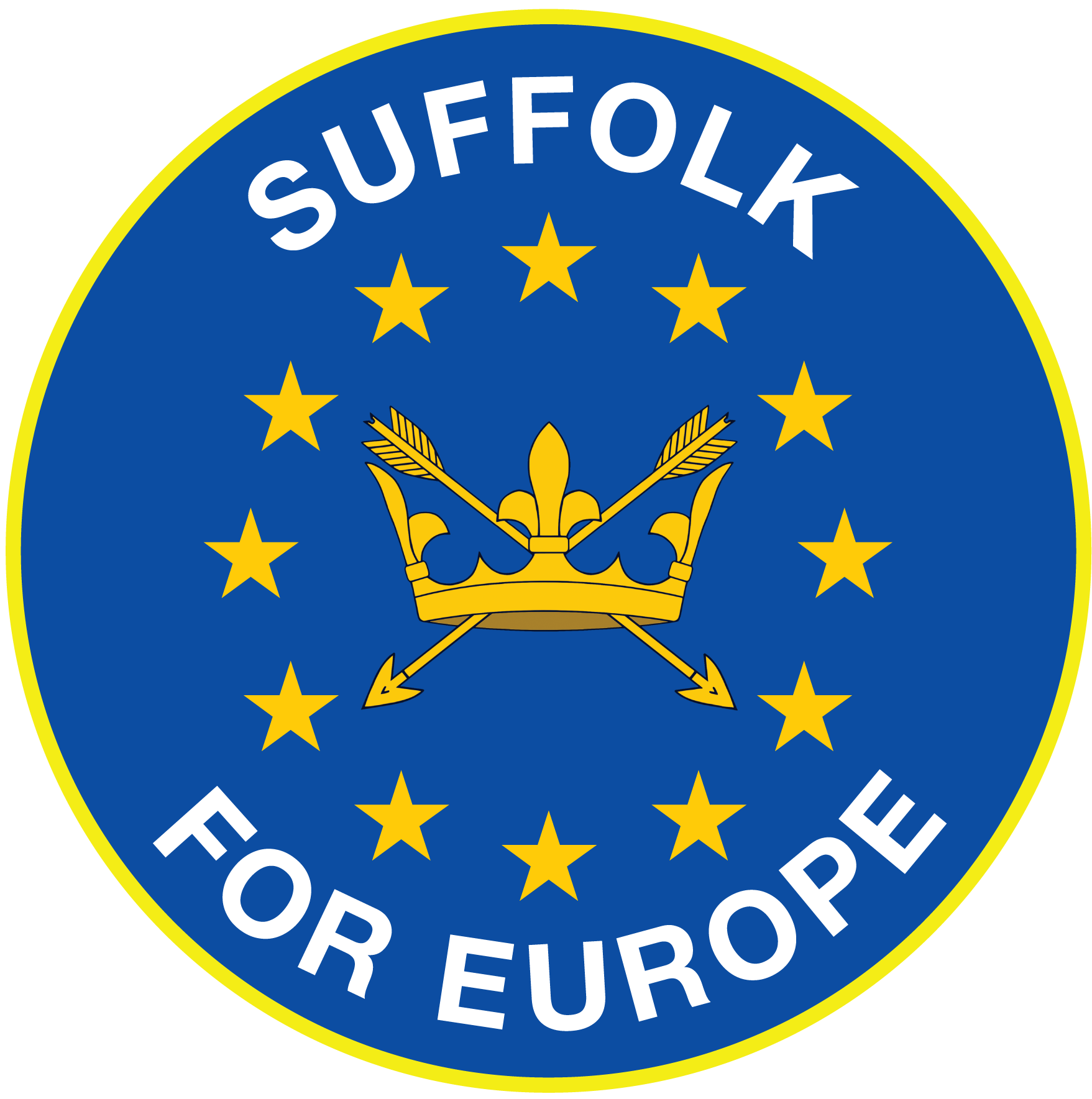By Richard Hare and Martin Deighton
We are frequently put in a position where we have to defend the democratic credentials of the EU. It isn’t easy as there’s so much to get one’s head around, and so much to remember.
It is hoped that this bullet-point aid-memoire will help defenders of democracy, wherever they are. The aim of what follows is to focus solely on democratic structure, not other details.
The two main bits are the bits in bold.
- The EU Commission comprises EU Commissioners whose role it is to carry out commissions and instructions given to them by our elected governments. It has no decision making authority. The Commission cannot initiate rules, laws or any legislation. For that it needs the support of the European Parliament (see below) and the subsequent approval of the Council of Ministers (see below). Commissioners are appointed by the democratically elected heads of member states but they also need the approval of the (nationally elected) European Parliament. The current president is Jean-Claude Junkers. He is elected by the (nationally elected) heads of member states
- The European Parliament comprises MEPs who are elected by the electorates of all member states. All legislation must be passed by a parliamentary majority before being placed before the Council of Ministers for ratification.
- The Council of Ministers is the sole decision-making authority in the EU. These ministers are the elected prime ministers and national leaders of all nations of the EU. Special sector ministers (eg agriculture) may substitute. They agree whether decisions will be taken by unanimity or by Qualified Majority Vote (QMV). The UK is in the weightiest QMV band. Approved legislation is then passed onto all member states. The UK currently enjoys a number of regulation opt-outs.
- The role of the European Council is to agree and define policy agenda. It comprises democratically elected heads of member states, for example the British PM, plus the president of the EU Commission. The president is appointed in rotation by his/her nation. The appointment has then to be agreed and ratified by the (nationally elected) heads of all member states. The current president is Donald Tusk.
- The term ‘Eurocrat, or the frequently used derogatory term ‘unelected bureaucrat’ is commonly used to describe EU civil servants. Civil servants are never elected, anywhere.
The EU’s democratic processes are designed to give proportional authority to every member nation. It is a remarkable example of international inter-connected democracy that may still evolve into something even better.
